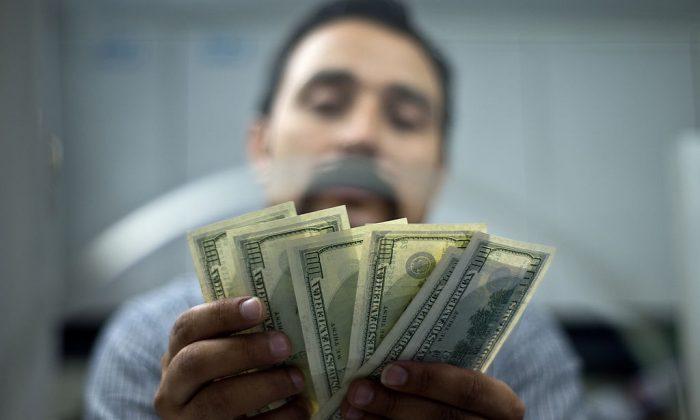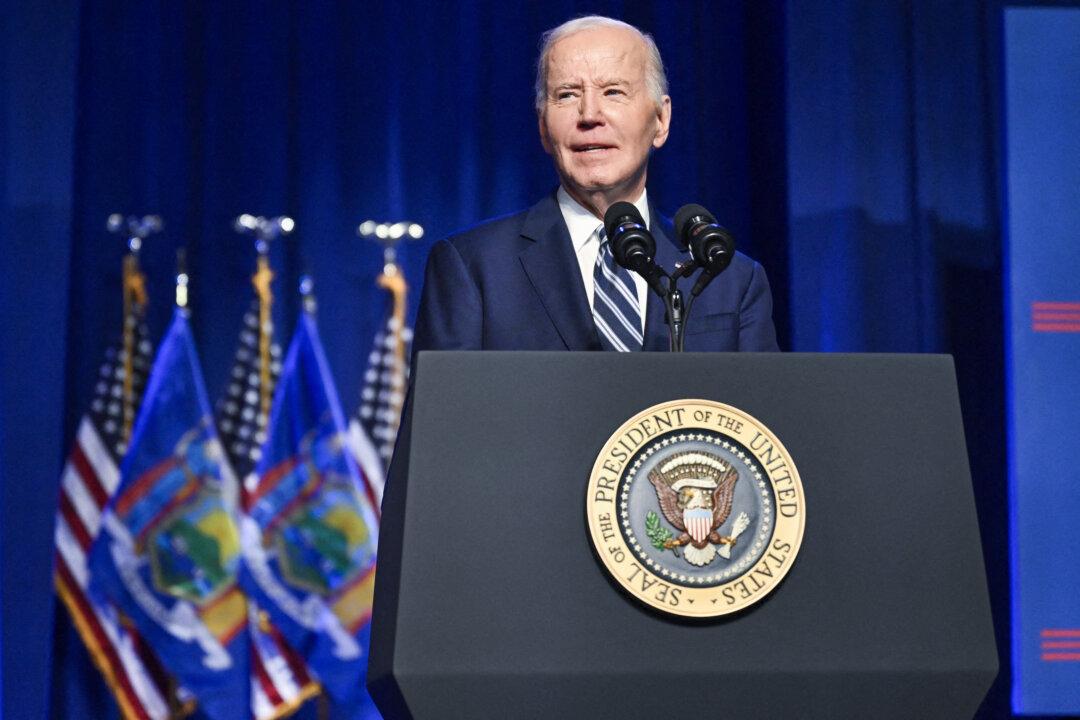U.S. companies have a lot of cash but debt grew even faster in 2015.
U.S. non-financial companies held $1.84 trillion in cash and liquid investments at the end of 2015, up 1 percent from prior year according to a report by Standard & Poor’s. The top five cash holders were Apple, Microsoft, Google, Cisco Systems, and Oracle.

The report covers over 2,000 U.S. non-financial companies rated by S&P. The technology sector leads all industries with 41 percent of the total cash, or nearly $750 billion, followed by health care, at 15 percent or almost $300 billion.
“The build-up of cash, led by companies such as Apple, Microsoft, and Google partly results from companies holding cash overseas to avoid taxes upon repatriation,” stated the report.
And on the other side of the balance sheet, there is debt. Total debt for the U.S non-financial companies rose to $6.6 trillion in 2015, causing a large imbalance between cash and debt. The total debt rose by roughly $850 billion in 2015, much more than cash at $17 billion.

“This jump in debt reflects the scant resistance borrowers faced from yield-starved investors as companies pursued acquisitions and returned cash to shareholders,” said S&P.
The rich keeps getting richer, this saying is also true for companies. So the top 1 percent—the 25 largest cash holders—now control over half of the cash pile, an increase from just 38 percent five years ago. They don’t have a debt problem either: Their cash-to-debt ratio is 153 percent.
However, the situation is worse for the bottom 99 percent because they now hold $6 trillion in debt versus just $900 billion in cash. Their cash-to-debt ratio of 15 percent is the lowest in the past decade, including the years preceding the Great Recession.

Issuance of so-called “junk debt” has reached record levels in recent years. Hence, the rating agency believes corporate default rates could increase over the next few years, especially given diminished growth prospects in China, weak commodity and energy prices globally, and the sizable universe of lower-quality debt outstanding.
“Overall cash balances could increase in 2016, but we will continue to monitor the wealth distribution, and the accompanying debt, very carefully,” said the rating agency.






